Former Georgia Lieutenant Governor Geoff Duncan announced he officially left the GOP and joined the Democrats, sharing in an op-ed that it'll be easier to "love my neighbor" by not associating with a party that's engaged in "heartless" policymaking that's terrorized immigrant communities nationwide.
In a piece for The Atlanta-Journal Constitution headlined “From Republican Lt. Governor To Democrat: Loving My Neighbor Is Easier Now," Duncan, who testified before a grand jury in Georgia that led to the indictment of President Donald Trump and 18 others in a case involving election interference, said:
“My journey to becoming a Democrat started well before Donald Trump tried to steal the 2020 election in Georgia. There’s no date on a calendar or line in the sand that points to the exact moment in time my political heart changed, but it has. My decision was centered around my daily struggle to love my neighbor, as a Republican.” ...
"The list of reasons why I’m now a Democrat continues to grow. Most importantly, my decision puts me in the best possible position each day to love my neighbor."
Duncan cited several policy disagreements as factors in his decision to leave the Republican Party, criticizing the GOP’s approach to health care, Medicaid, gun safety, immigration, and aid for the poor. He said his time in office taught him that the best way to “love my neighbor” is through sound public policy.
Before serving as lieutenant governor, Duncan was a member of the Georgia House from 2013 to 2017, and he chose not to seek re-election as lieutenant governor in 2022.
Duncan noted that GOP lawmakers have long claimed the solution to lacking health insurance is simply to have a job, but pointed out that most uninsured Georgians already live in working households and remain without coverage due to cost or eligibility barriers:
"So, the reality is they have a job, just the wrong job. One that doesn't offer health insurance or generate enough spare money each month to afford their own health insurance plan."
Addressing SNAP and Medicaid cuts specifically, he said:
“Any state-led expansion of Medicaid now will be complicated and expensive given the current dynamics. Nobody ever said loving your neighbor was going to be easy or cheap, just worth it.”
He also condemned the Trump administration's nationwide immigration crackdown, noting that these policies only stoke fear among the general population:
“Ordering military style raids on undocumented but law-abiding families for the sole purpose of creating a feeding frenzy on social media is the epitome of heartless, not to mention pointless.”
In an interview with Atlanta PBS affiliate WABE, he said that Democrats have welcomed him with open arms—and that he might run for office again:
“I have been receiving phone calls and conversations and cups of coffee from Democrats, independents and even some common sense Republicans who are sick and tired of watching not only the direction of this party, but this country — encouraging me to look into seeking higher office. And it’s something I’ll seriously consider."
“If Georgia wants to elect somebody that wants to come into the office every day and make a difference, build consensus and turn chaos into conversations, then it’s something I’ll certainly entertain."
Many praised him for speaking out and criticized the GOP in turn.
Duncan is only the latest prominent Republican to decry the GOP's devolution and switch parties altogether.
In May, former congressman Joe Walsh announced that he'd switched his affiliation to the Democrats after regretting becoming a "divisive political a**hole."
Walsh actually left the GOP several years ago but declined to switch to the Democrats despite increasingly siding with them over Trump's anti-democratic behavior and regularly warning that Trump poses a significant threat to constitutional norms and the rule of law.
Walsh said that "to defeat my former party and defend democracy, we must do something different," namely "assemble a broad coalition of moderates, progressives, and, yes, even conservatives."
Like Duncan, he said he wanted to be part of a kinder and more inclusive party, noting he's "gained a greater understanding of and appreciation for LGBTQ issues, structural racism, the need for empathetic immigration reform, the dangers of climate change, and the role government must play to help care for the neediest and most vulnerable among us."

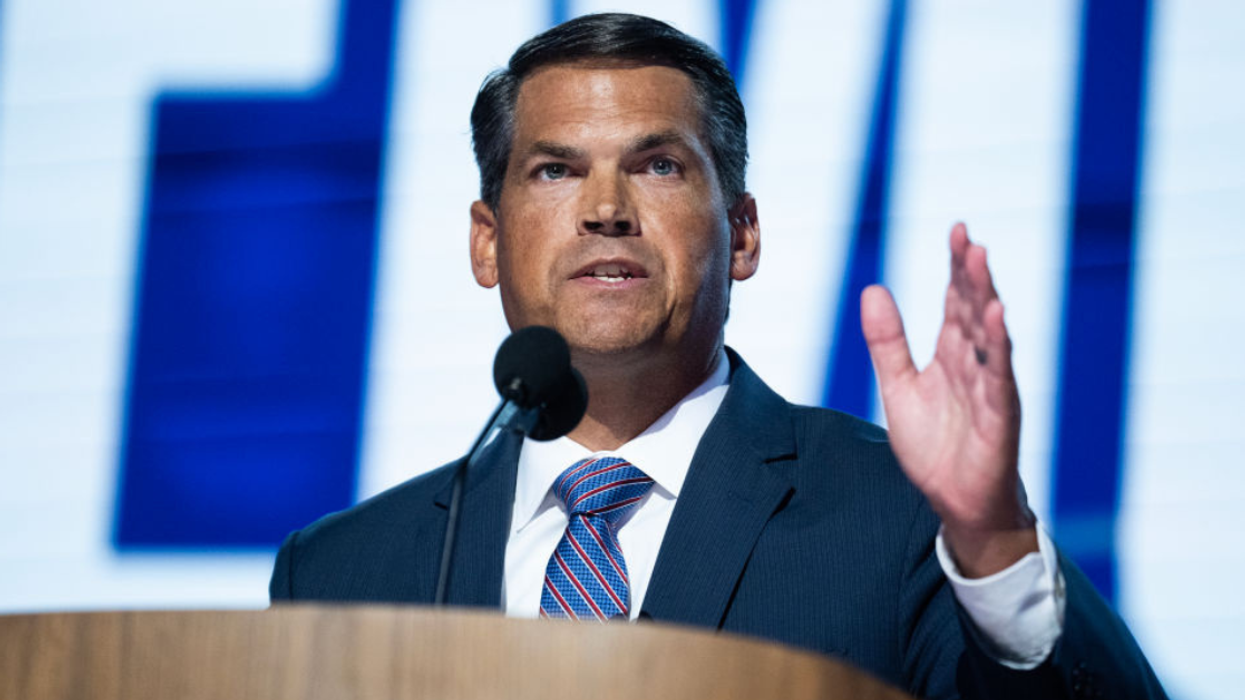












 Awkward Pena GIF by Luis Ricardo
Awkward Pena GIF by Luis Ricardo  Community Facebook GIF by Social Media Tools
Community Facebook GIF by Social Media Tools  Angry Good News GIF
Angry Good News GIF 
 Angry Cry Baby GIF by Maryanne Chisholm - MCArtist
Angry Cry Baby GIF by Maryanne Chisholm - MCArtist 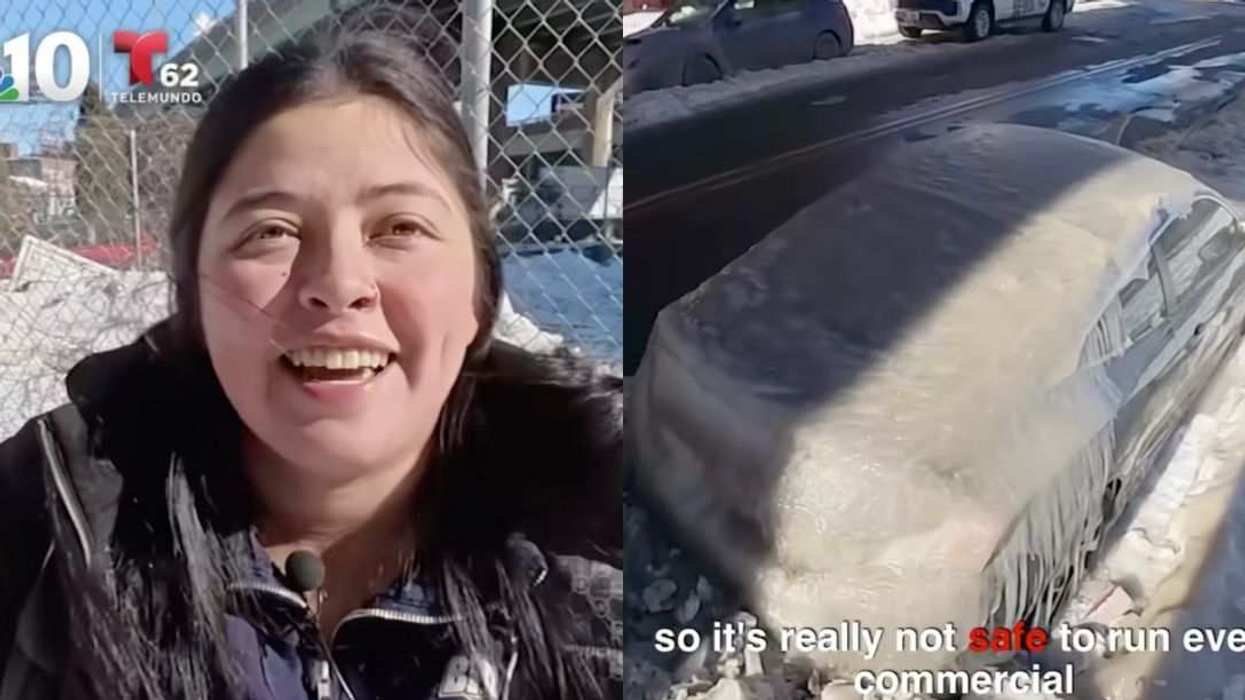
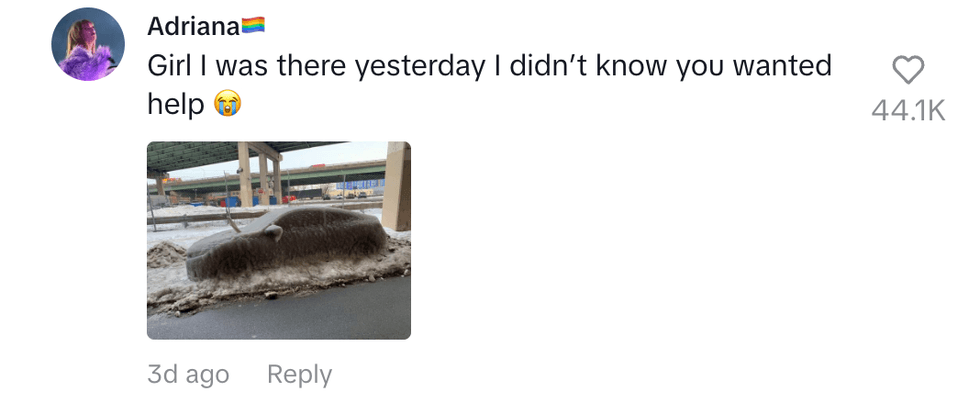 @adriana.kms/TikTok
@adriana.kms/TikTok @mossmouse/TikTok
@mossmouse/TikTok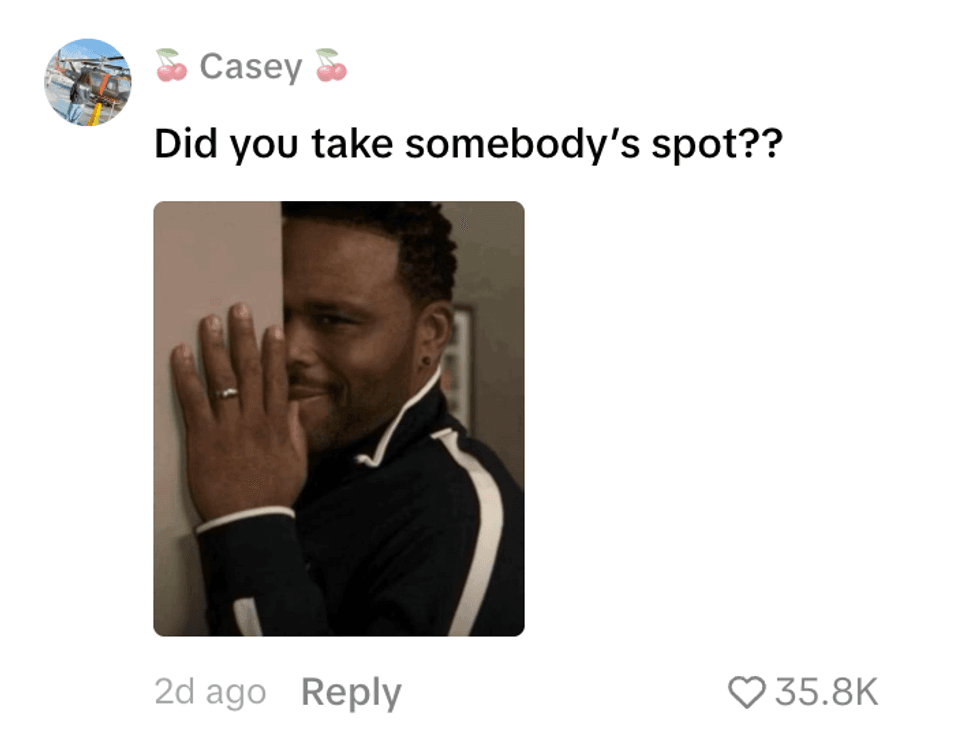 @im.key05/TikTok
@im.key05/TikTok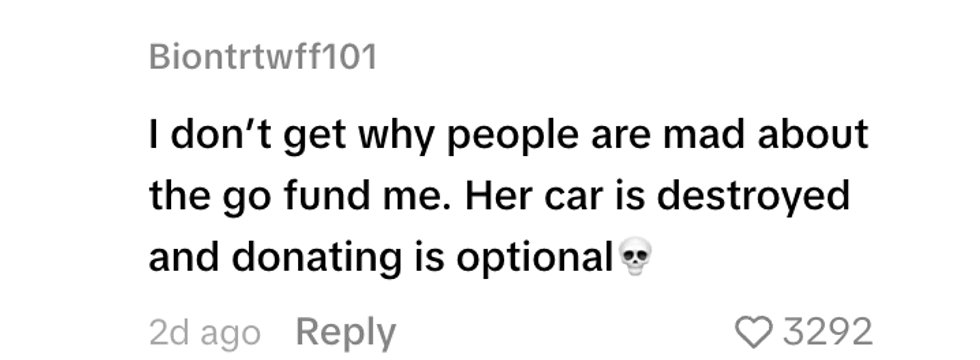 @biontrtwff101/TikTok
@biontrtwff101/TikTok @likebrifr/TikTok
@likebrifr/TikTok @itsashrashel/TikTok
@itsashrashel/TikTok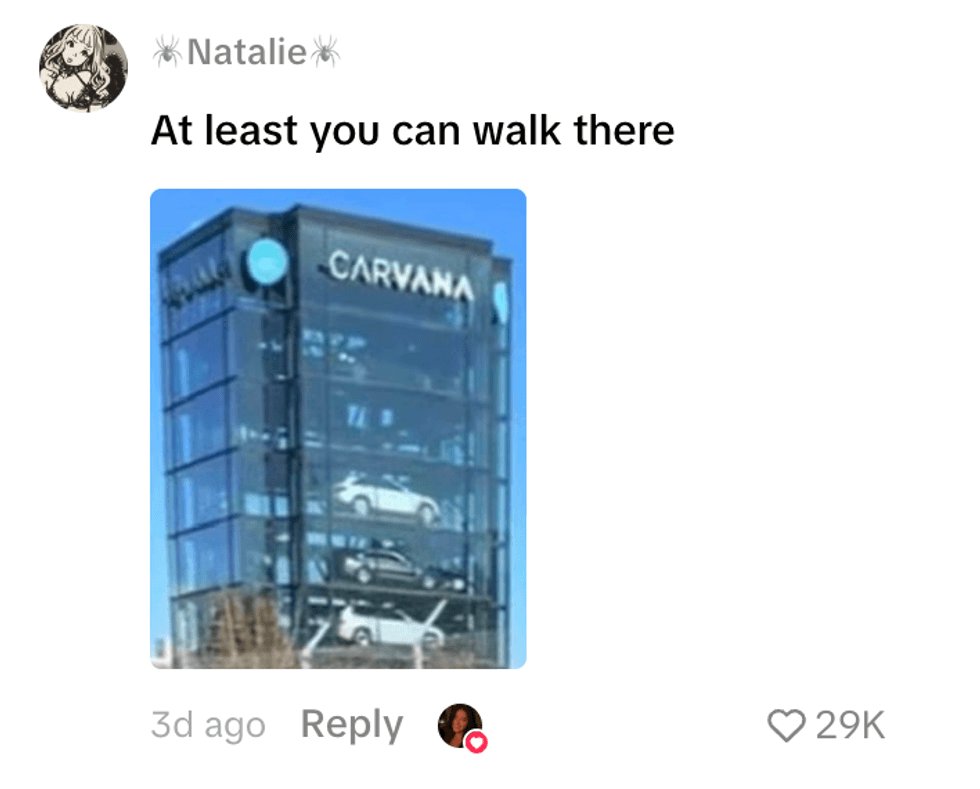 @ur_not_natalie/TikTok
@ur_not_natalie/TikTok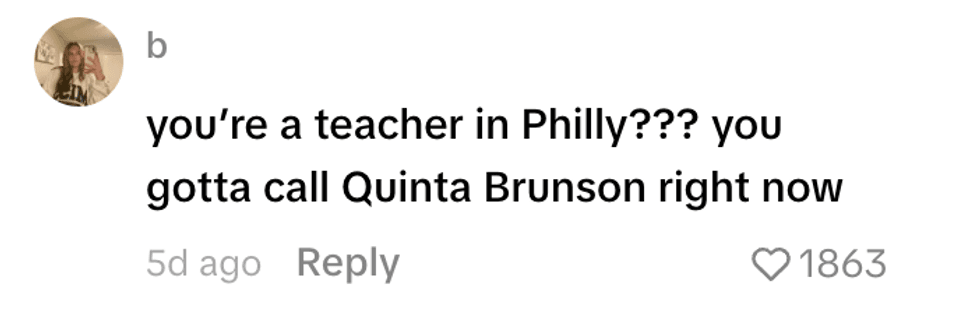 @rbaileyrobertson/TikTok
@rbaileyrobertson/TikTok @xo.promisenat20/TikTok
@xo.promisenat20/TikTok @weelittlelandonorris/TikTok
@weelittlelandonorris/TikTok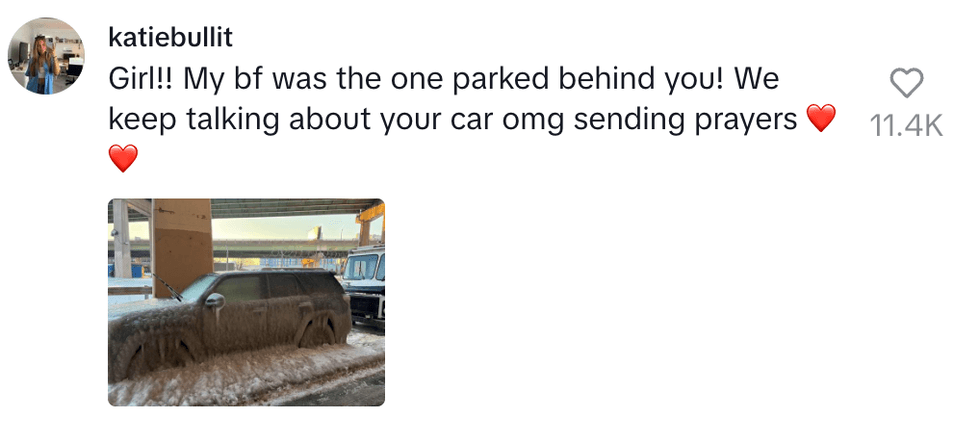 @katiebullit/TikTok
@katiebullit/TikTok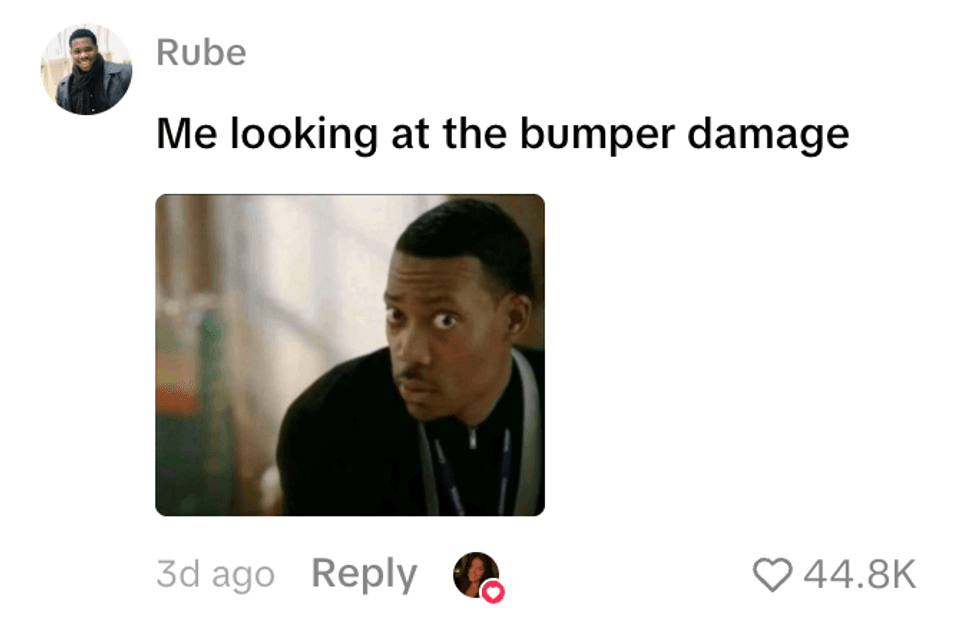 @rube59815/TikTok
@rube59815/TikTok
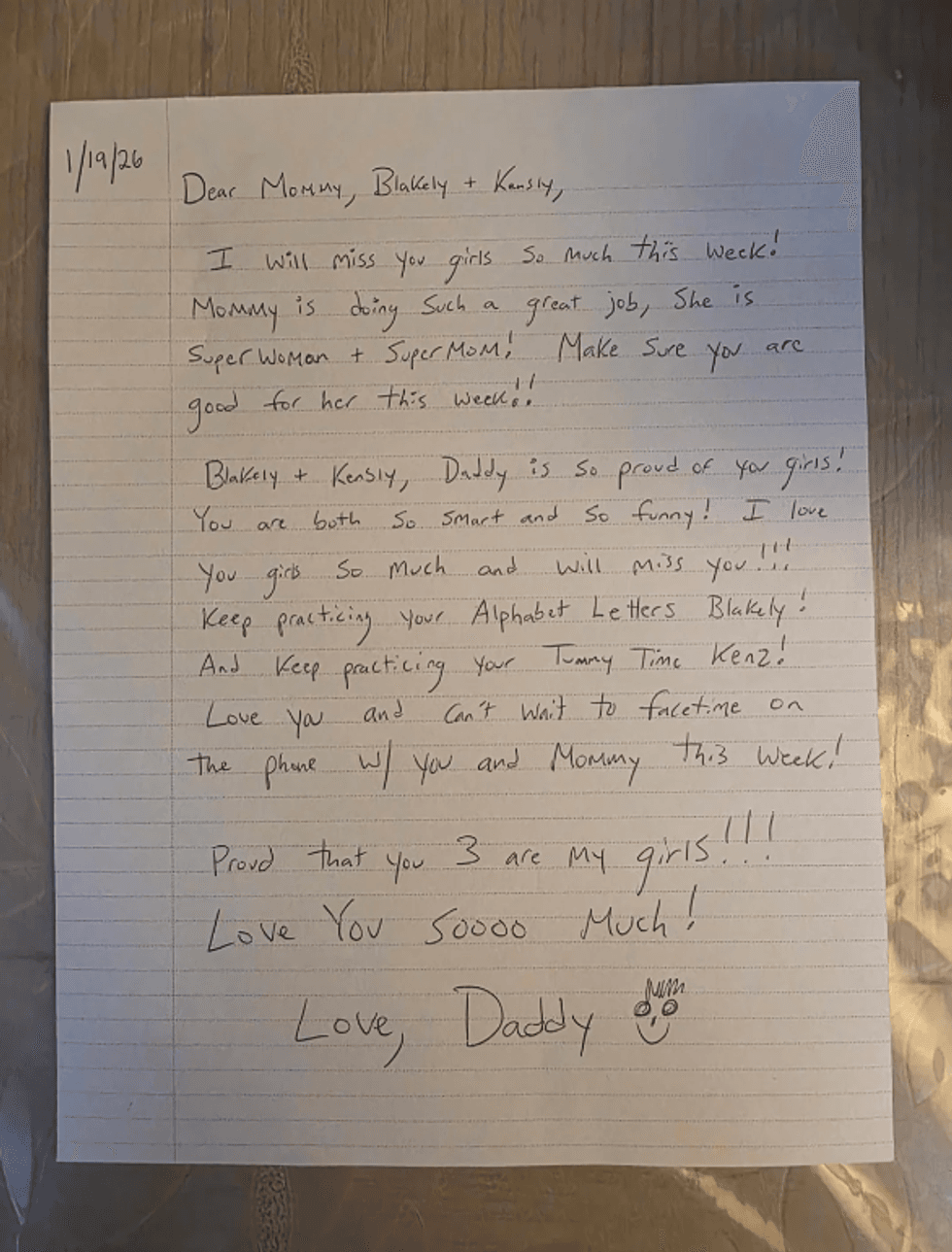 u/Fit_Bowl_7313/Reddit
u/Fit_Bowl_7313/Reddit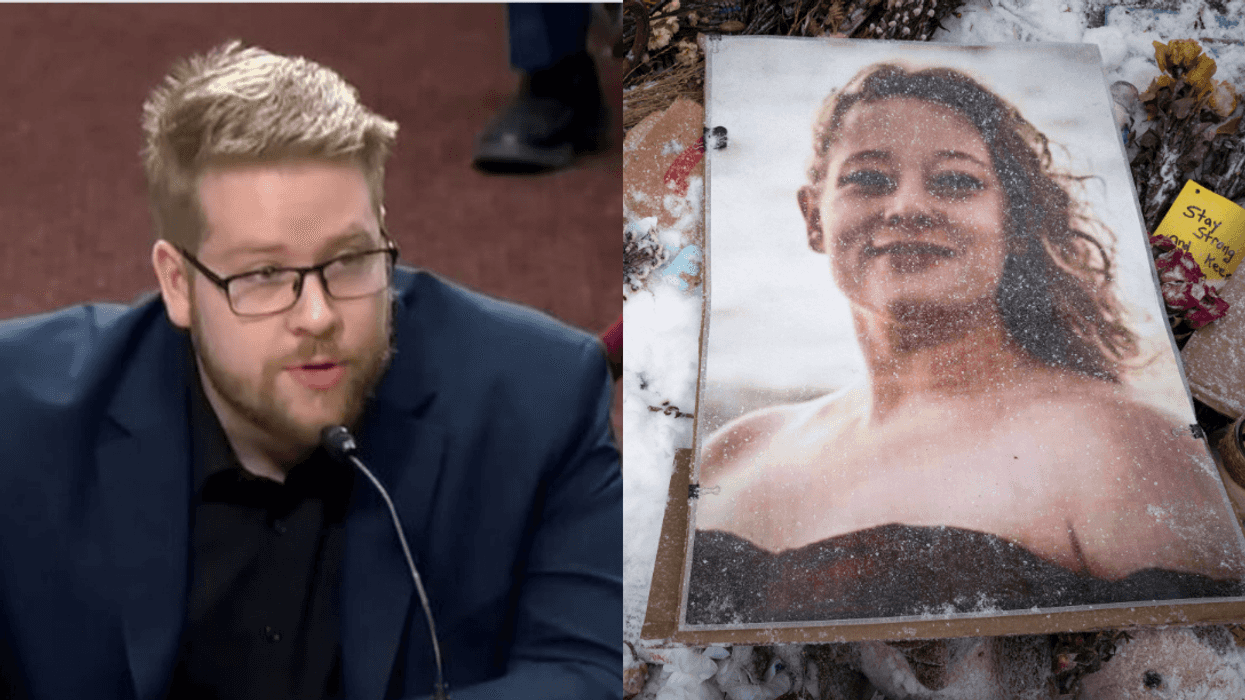
 @meteorblades/Bluesky
@meteorblades/Bluesky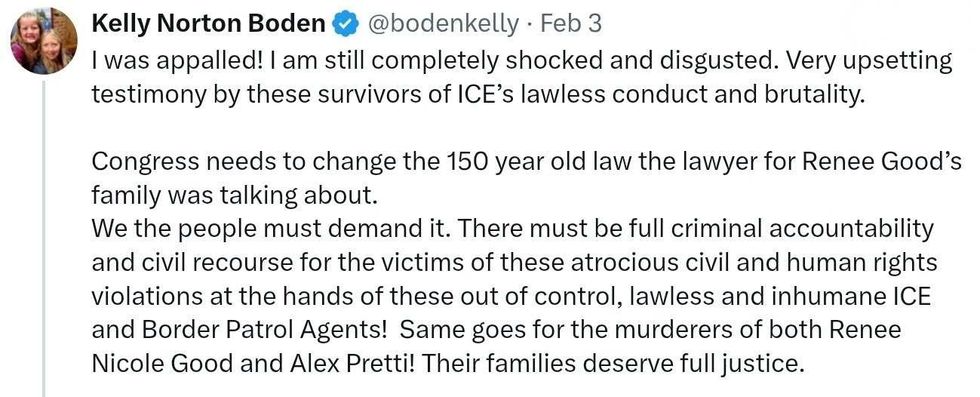 @bodenkelly/X
@bodenkelly/X